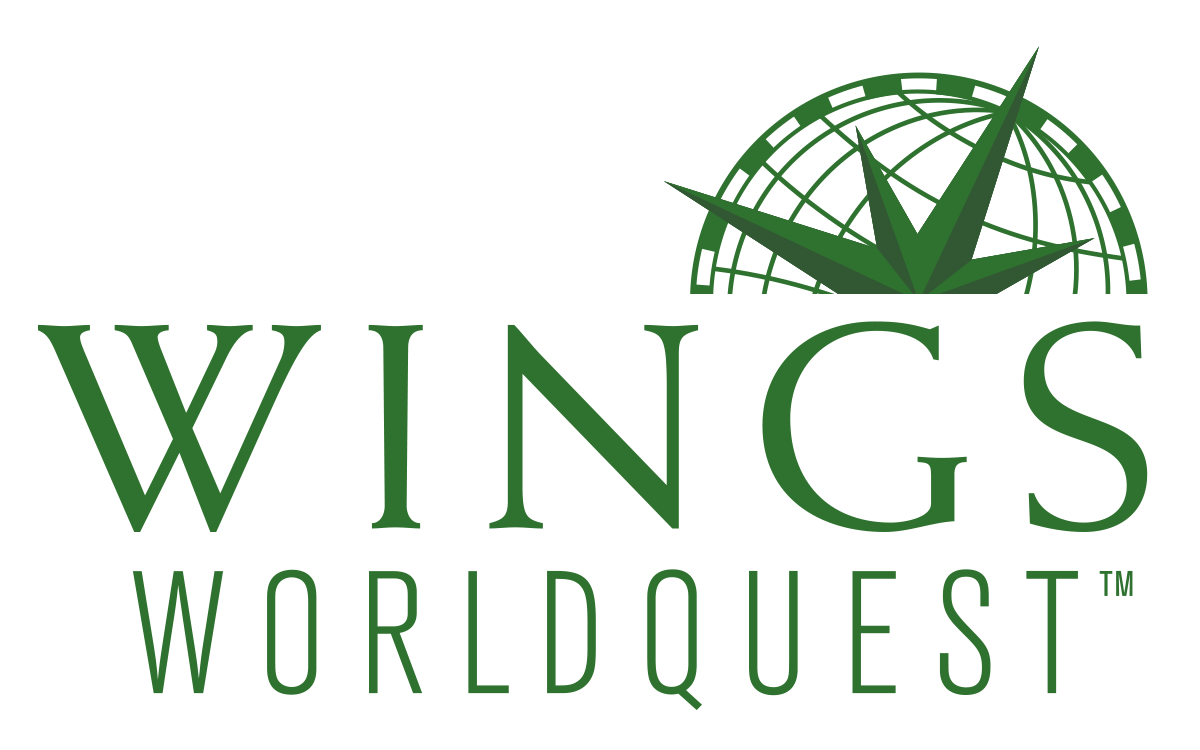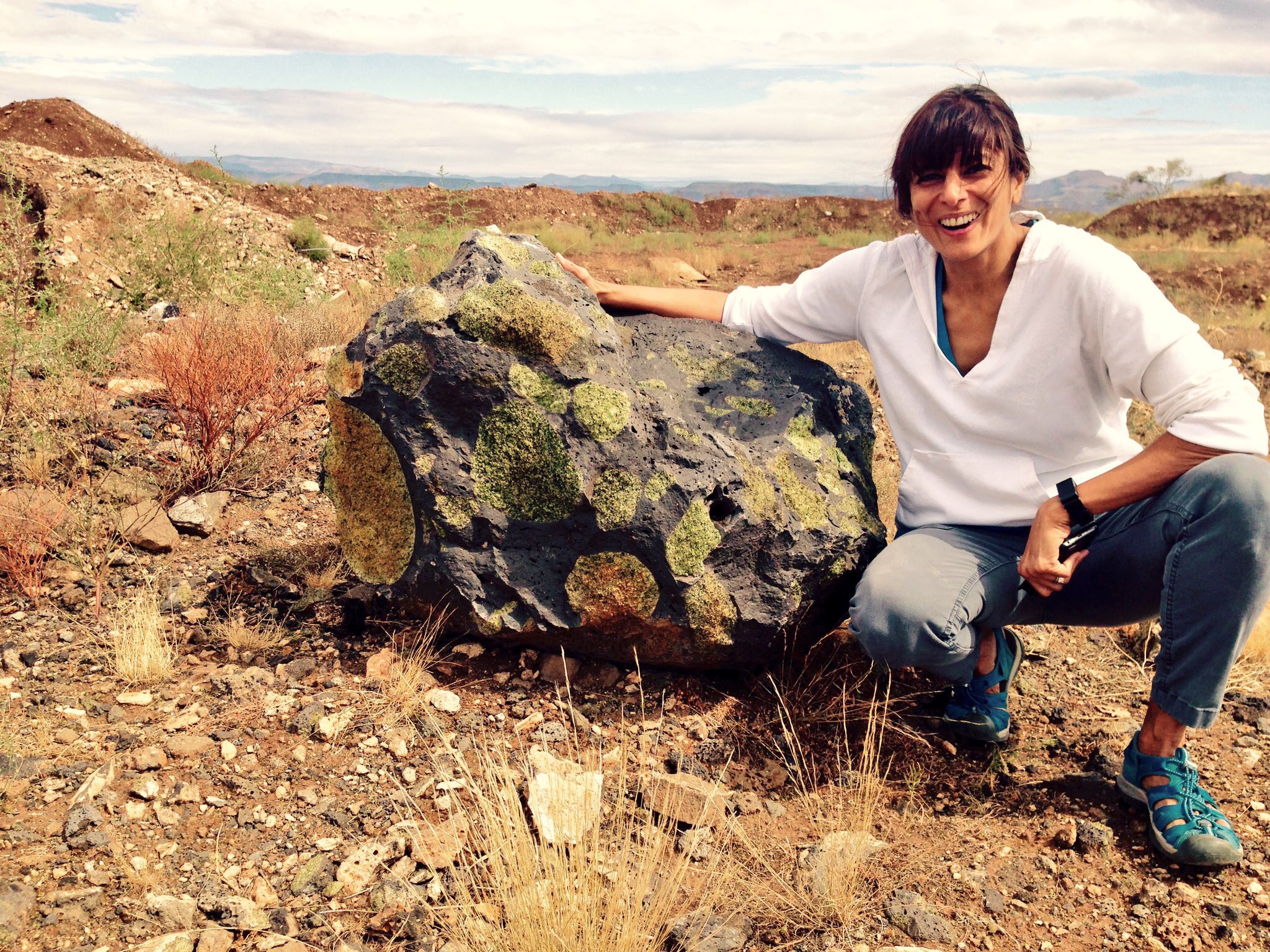Meenakshi Wadhwa on her Career, Women in Science and Spending Four Months in a Wheelchair
Courtesy M. Wadhwa
Planetary scientist Meenakshi Wadhwa won the WINGS WorldQuest Air & Space Award in 2003. In the 16 years since then, she was awarded a Guggenheim Fellowship, became the Director of the Center for Meteorite Studies and Professor in the School of Earth and Space Exploration in Arizona – and survived a near-fatal car accident while on expedition in Iceland. We spoke with Meenakshi about her career, her recovery, and the challenges that still lie ahead for women in science.
WINGS WORLDQUEST: You became a WINGS Fellow in 2003. Can tell us about some of the highlights of your career that have happened since that time?
MEENAKSHI WADHWA: I moved from the Field Museum of Natural History (Chicago) to Arizona State University in Tempe, Arizona. At ASU, I am Director of the Center for Meteorite Studies and Professor in the School of Earth and Space Exploration.
I was awarded a Guggenheim Fellowship in 2005 and, as part of this fellowship, was able to take a sabbatical at California Institute of Technology working with Prof. Don Burnett (who was Principle Investigator of NASA’s Genesis mission) on the analysis of samples of solar wind returned by the Genesis mission. I became a Fellow of the Explorer’s Club in 2012. I was awarded the Fulbright-Nehru Academic and Professional Excellence Award in 2015, and as part of this fellowship I spent four months at the Physical Research Laboratory in Ahmedabad, India (this is the premier research institute for planetary and space sciences in India) developing collaborative relationships with the burgeoning planetary science community in India.
I have participated in two major expeditions since 2003: the first was the Antarctic Search for Meteorites (ANSMET) 2012-13 field season to the Larkman Nunatak region in Antarctica, where we collected over 300 meteorites. The second expedition was to Iceland in summer of 2017 to collect samples of Icelandic lava flows as analogs of martian lava flow samples (as represented by some martian meteorites) to better understand the role of water in magma/volcanic systems on Mars.
WWQ: We read about the car accident you had in 2017 and are very glad to know you’re doing okay. Can you tell us a little bit about what happened and how your recovery is going?
MW: While I was in Iceland for the expedition I mentioned above, I was involved in a car accident while travelling in the backseat of a field vehicle. We were involved in a vehicle collision that caused our field vehicle to roll over three times; I was ejected from the vehicle and landed almost 30 feet away from where the vehicle came to rest. My husband, who trained as an ER doctor, tells me that nearly all accidents involving automobile ejection are fatal or result in trauma that causes permanent damage. I feel very fortunate to have survived this near-fatal accident! However, I had multiple traumatic injuries – a punctured lung, a completely shattered pelvis, several broken ribs, and other broken bones in my clavicle, scapula and left hand. It is only through the unwavering support and assistance of my family (particularly my husband, and my sister) and many friends that I was able to make a speedy recovery. I ended up having to be in a wheel chair for almost four months, and then required several months of intensive physical therapy. However, I’m happy to report that I felt strong enough to complete a half marathon this past January, a mere 18 months from when I suffered this accident!
WWQ: How do you think the landscape for women working in the sciences has changed since you first became a Fellow? Do you feel women are still encountering the same obstacles they were at that time?
MW: I have found that change in this area has been gradual but consistently in the positive direction. While things are certainly better than they were when I became a Wings Fellow, we still have a long ways to go before we can say that there is true equity in the sciences – not just for women, but for all underrepresented groups. I have been fortunate to have had incredible support in my own career from mentors and colleagues, and I strongly believe that it is incumbent on me to pay it forward. I have tried to provide this support in the mentoring of my own students, my junior colleagues at my institution, and in the programs that I have chosen to support (for example, by serving as mentor for the Brooke Owens Fellowship program for undergraduate women in the aerospace).
WWQ: Has becoming a WINGS Fellow benefitted you in your career? If so, how?
MW: The Wings fellowship has allowed me to connect with an incredible network of amazing women, who are making a difference across so many fields. They are a constant source of inspiration for me in my own work.

